SNP finance chief Shona Robison will face a Holyrood committee examining the exclusion of Fornethy abuse survivors from a compensation scheme this week.
Ms Robison is to appear before the Public Petitions Committee on Wednesday.
She will face questions about the government’s policy of exempting survivors who endured child abuse at the Angus facility from a scheme which provides financial redress to allege victims.
The scheme was created as victims of historic child abuse in Scotland cannot seek damages in court if the abuse occurred before September 1964.
But survivors from Fornethy House are excluded because the visit to the school was deemed a “short-term holiday”.
They have been locked in a dispute with the government over their exclusion, and in 2022 they launched a petition to be included in the scheme.
Their call is being considered by Holyrood’s Public Petitions Committee, who will take evidence from Scottish Government finance secretary Shona Robison on Wednesday.
She will be joined by senior officials and lawyers to be quizzed on the government’s policy.
What happened at Fornethy House?
The Courier revealed the true extent of the abuse from the women who lived through it in an exclusive investigation nearly two years ago,
The residential home in Kilry opened in 1961 and was owned by Glasgow Corporation, the city’s local authority at the time – now Glasgow City Council.
Girls of primary school age would visit for six to eight weeks at a time, on the pretence they were going on holiday.
Now aged in their 60s and 70s, women have told lawyers they were sexually abused, beaten, punched and force-fed by staff.
Marion Reid, who was one of the first victims to publicly come forward with claims of abuse, has accused the SNP government of breaking its promises.
She said that in 2017 then deputy first minister John Swinney had apologised to victims, saying the government intended “right the wrongs of the past”.
Jackson Carlaw, committee convener, previously wrote to Mr Swinney to say the evidence they had heard from survivors had been “compelling” and “indicates support for widening the eligibility criteria”.
Mr Carlaw said the definition of eligibility, which limits redress to those establishments providing long-term care, is too “narrow”, and that “those abused at Fornethy House should be eligible for redress”.
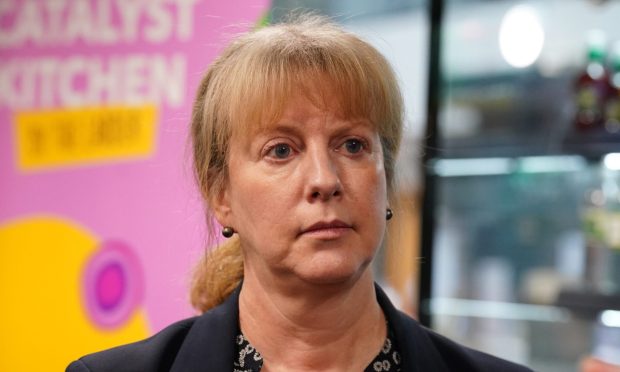
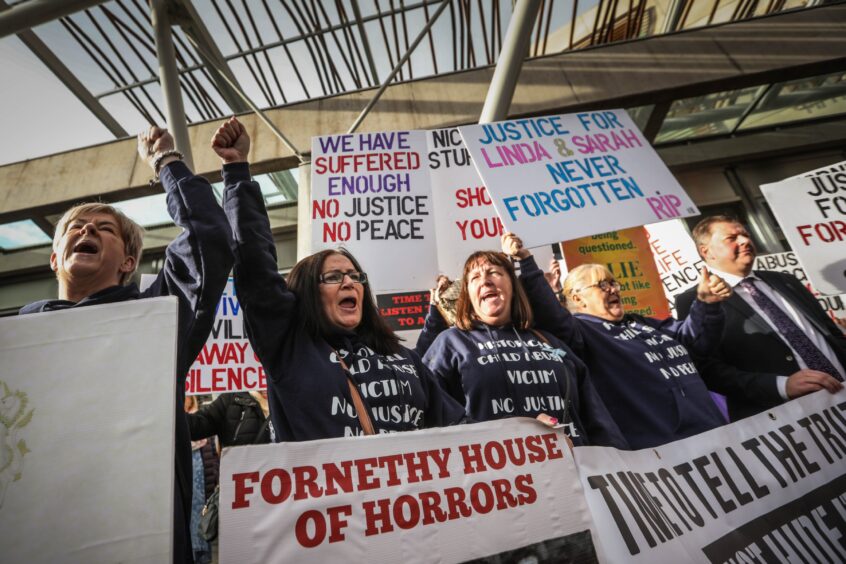



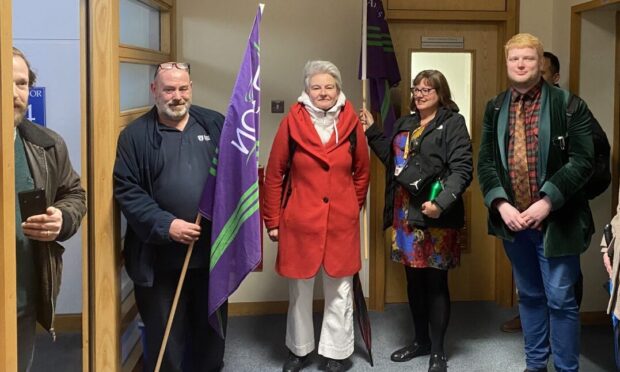
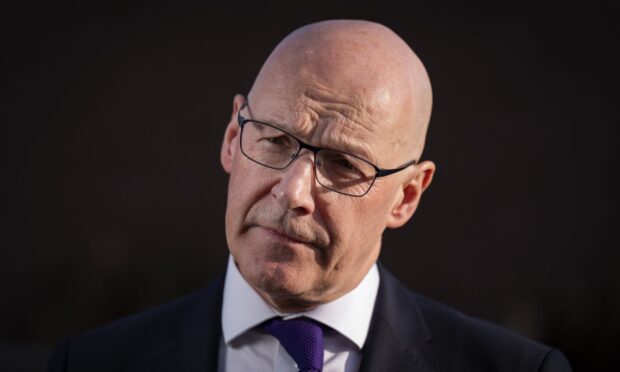


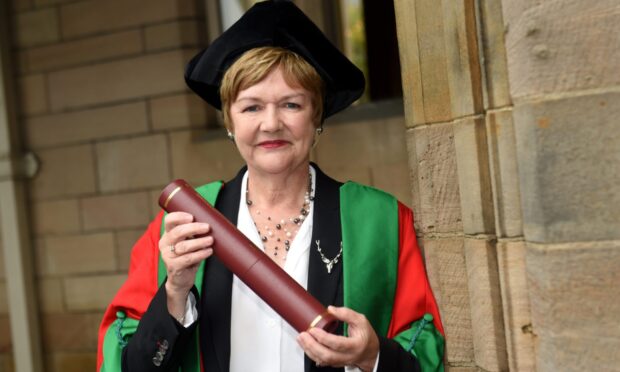



Conversation